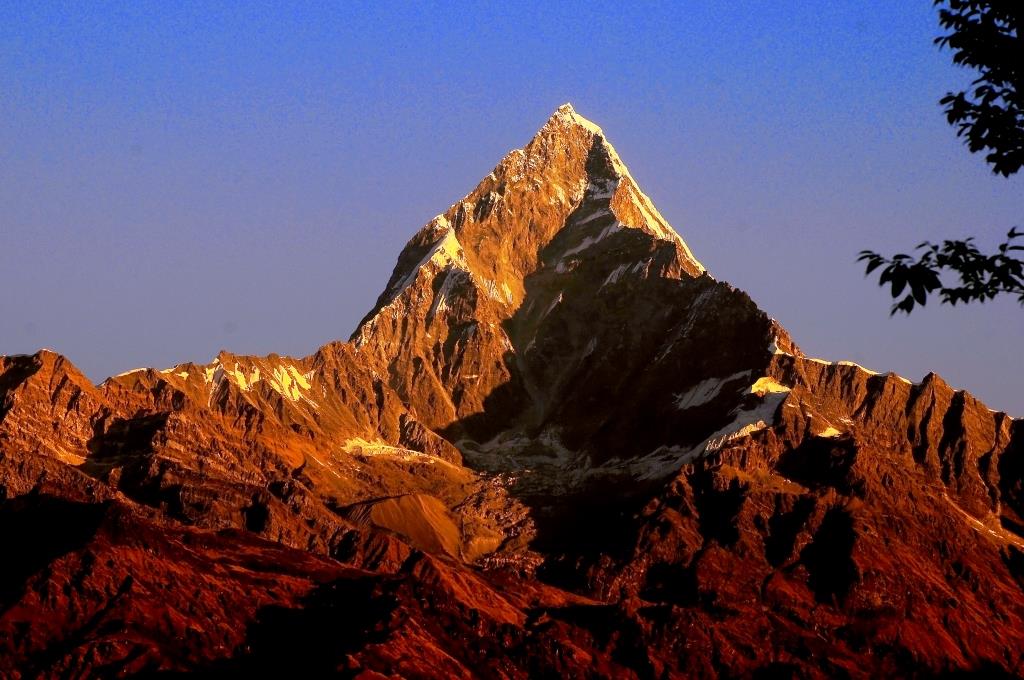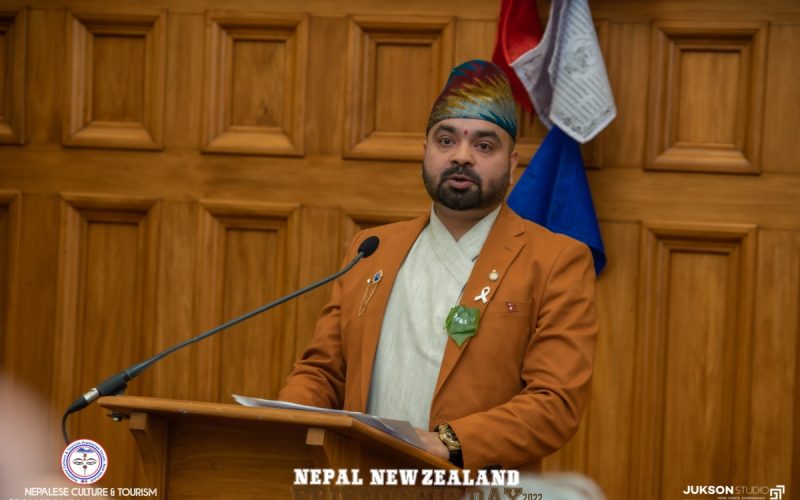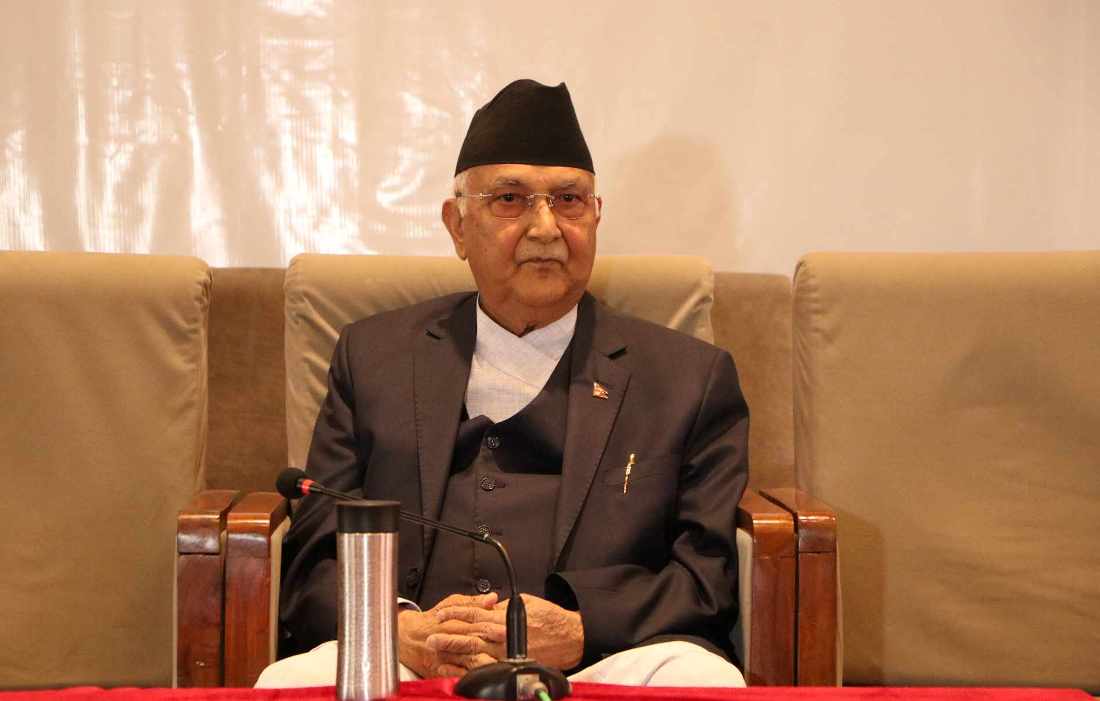

As the world commemorates the 71st Everest Day, it’s not just a celebration of human achievement but also a reflection of the enduring bond between New Zealand and Nepal. This day marks the historic feat of Sir Edmund Hillary and Tenzing Norgay Sherpa reaching the summit of Mount Everest on May 29, 1953, becoming the first humans to conquer the world’s highest peak.
The relationship between New Zealand and Nepal goes beyond mountaineering conquests; it’s rooted in mutual respect, shared values, and a deep appreciation for nature’s wonders. Over the years, this relationship has evolved, encompassing various sectors such as trade, culture, and tourism.

New Zealand and Nepal share a common commitment to preserving the pristine beauty of Everest and its surrounding Himalayan region. However, the increasing footfall of climbers and tourists has raised concerns about environmental degradation and waste management. As custodians of Everest, both nations must work together to implement sustainable practices and ensure the conservation of this natural treasure for future generations.
One of the highlights of the New Zealand-Nepal relationship is the exchange of tourism. Each year, travellers from both countries visit each other to explore diverse landscapes, experience rich cultures, and forge lasting friendships. From adventurous treks in the Himalayas to leisurely strolls in New Zealand’s picturesque landscapes, the tourism exchange fosters mutual understanding and economic growth.
Moreover, the Nepalese diaspora in New Zealand plays a significant role in strengthening bilateral ties. Their contributions to various sectors, including business, education, and community development, serve as bridges between the two nations.
As we commemorate Everest Day, the common people of both countries have expectations from the New Zealand government. They hope for continued support in conservation efforts, infrastructure development, and initiatives to promote sustainable tourism. By investing in these areas, the government can ensure the well-being of local communities and the preservation of natural resources.

To celebrate this auspicious occasion, various programs are organized across New Zealand, showcasing Nepalese culture, cuisine, and traditions. These events not only foster cultural exchange but also highlight the importance of preserving our shared heritage.
In addition, resources provided by the Nepal Tourism Board are instrumental in welcoming New Zealanders interested in exploring the wonders of Nepal. Through collaborative efforts, both nations can enhance the tourism experience while safeguarding the environment.
Furthermore, climbers and adventurers have a responsibility to uphold the ethos of Leave No Trace and minimize their impact on Everest’s fragile ecosystem. New Zealand climbers, in particular, have a storied history on Everest, and their involvement in conservation efforts is crucial.
The New Zealand government, with its expertise in environmental management and sustainable tourism practices, can play a pivotal role in saving Everest from becoming a victim of its own popularity. By working hand in hand with Nepal and other stakeholders, they can lead the way in setting a global example for responsible adventure tourism.
In essence, Everest Day serves as a reminder of the enduring friendship between New Zealand and Nepal and the shared responsibility to protect our planet’s precious treasures. As we celebrate this milestone, let us reaffirm our commitment to preserving Everest for generations to come. Together, we can ensure that the spirit of adventure coexists harmoniously with the spirit of conservation.























